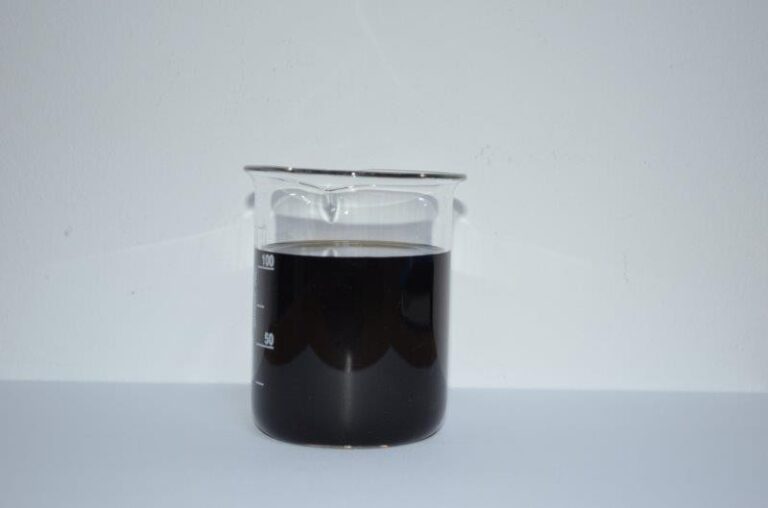
Ferric sulphate - Coagulant with the active substance based on trivalent iron. Both at the municipal level, and especially at the industrial level, it is widely used to optimize the purification of water in the chemical stage.
Trivalent iron-based coagulants behave similarly to aluminium salts. Iron salts are liquid, acidic and highly corrosive.
Ferric sulphate is usually preferred over ferric chloride, as the introduction of chloride ions can increase the corrosivity of water.
Iron coagulants have the advantage of producing denser flocs than those produced by aluminium-based coagulants, resulting in better sludge settling.
Advantages of using ferric sulphate:
| 1 | product stability compared to other Fe2+, Fe3+ salts |
| 2 | the product is less corrosive compared to other similar chemicals (example: ferric chloride) |
| 3 | the use of product does not require special arrangements |
| 4 | by the coagulant dose, the degree of loading of the biological stage can be adjusted, the hydraulic retention time is reduced – the increase of the plant capacity, the obtained sludge is presented with superior quantitative and qualitative parameters |
| 5 | it reduces the consumption of polyelectrolytes by 20 – 25 %; |
| 6 | the water resulting from the dehydration of the sludge has superior characteristics: low content in phosphorous, organic substances, sulphides, etc |
| 7 | the decrease in the amount of air required for aeration in the biological stage, which determinates the decrease in energy consumption in the biological stage |
| 8 | the increase of the sludge dehydration capacity, implicitly determining a quantitative and qualitative increase of the biogas. |